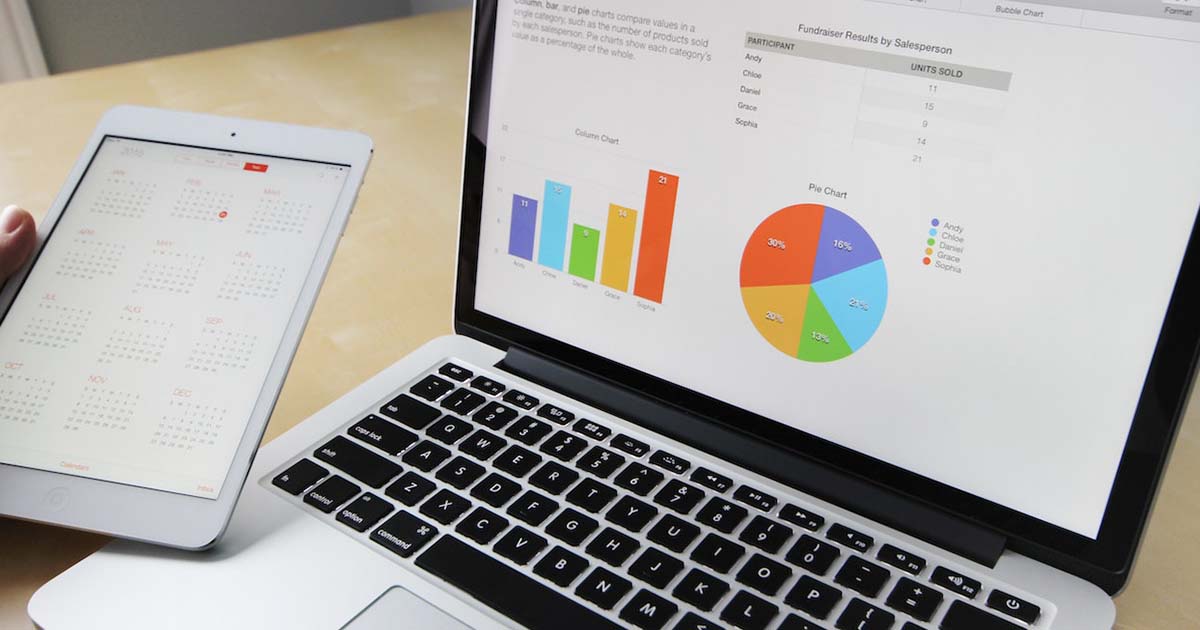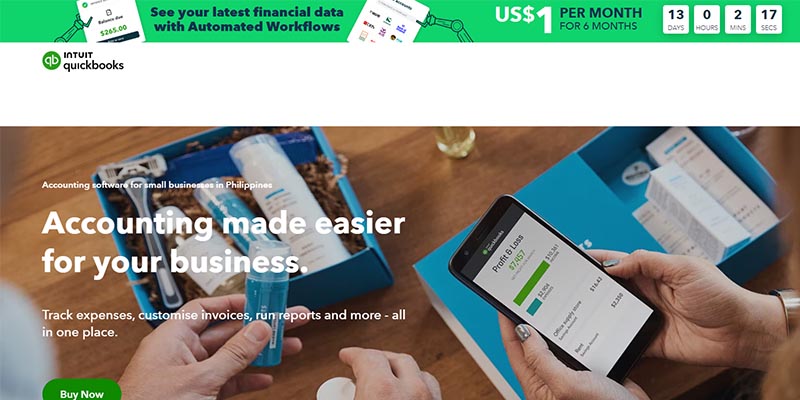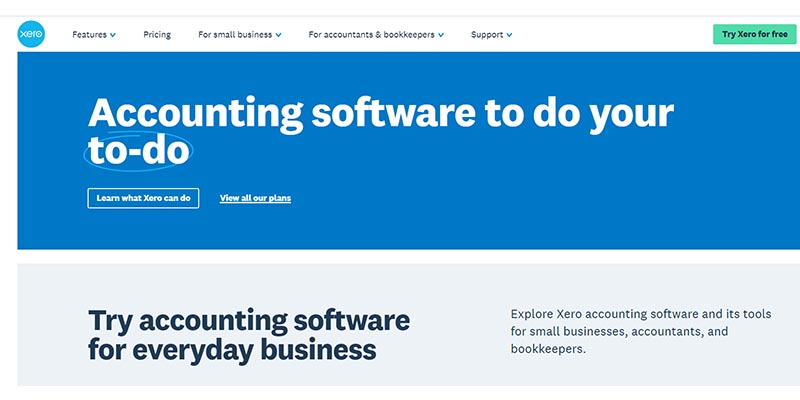Management
What is Data Science and Why it Matters

In today’s data-driven world, data science has become crucial for organizations to derive valuable insights from their data. However, many people still need help understanding data science and why it matters. In this blog post, we’ll unveil the mysteries of data science and explain why it’s such a necessary discipline.
Overview of Data Science

Data science is an interdisciplinary area that integrates statistical analysis, machine learning (ML), and computer science to extract insights from data. It involves collecting, cleaning, and analyzing large volumes of data to identify patterns and predict future outcomes.
Data science is often used to solve complex problems, such as predicting customer behavior, optimizing business operations, and improving healthcare outcomes. It can also be used to develop new products and services, such as personalized recommendations and chatbots.
Why Does Data Science Matter?
Data science matters because it enables organizations to make data-driven decisions. By analyzing large volumes of data, companies can identify customer behavior, market trends, and other vital factors that affect their business.
For example, a retailer might use data science to analyze customer purchase patterns and develop personalized marketing campaigns. A healthcare provider might use data science to analyze patient data and develop customized treatment plans. And a financial services firm might use data science to analyze market data and make informed investment decisions.
Data science can also help organizations become more efficient and effective. Organizations can reduce costs and improve productivity by automating routine tasks and streamlining workflows. And by using data to identify areas for improvement, organizations can optimize their operations and increase their bottom line.
In addition, data science is becoming increasingly important as more and more data is generated daily. With the increasing popularity of the Internet of Things (IoT) and other technologies, the amount of data generated is growing exponentially. Organizations can harness this data and turn it into a valuable asset by using data science.
Critical Skills for Data Science

To be successful in data science, it’s essential to have a solid background in mathematics, statistics, and computer science. In addition, they need to be skilled in programming languages, including Python, R, and SQL, and data visualization tools like Power BI and Tableau.
Data scientists also need to have strong problem-solving and analytical skills. They need to be able to identify patterns and trends in data and use that information to develop insights and predictions. And they need to be able to communicate those insights effectively to stakeholders.
Conclusion
In conclusion, data science is an assertive discipline that enables organizations to make data-driven decisions, become more efficient and effective, and harness the power of data to drive innovation. By combining statistical analysis, machine learning, and computer science, data scientists can extract valuable insights from data and turn them into valuable assets.
If you’re keen on starting a career in data science, many resources are available to help you get started. From online courses and tutorials to degree programs and professional certifications, there are many paths to success in this rapidly growing field. Data science offers exciting opportunities for growth and advancement.
Management
5 Bookkeeping Software for Small Businesses

1. QuickBooks Online

QuickBooks Online is arguably the most well-known bookkeeping software for small businesses. It offers a user-friendly interface, making it ideal for business owners who may not have an extensive accounting background. QuickBooks Online enables you to track income and expenses, create and send invoices, manage bills, and generate essential financial reports. With its cloud-based platform, you can access your financial data from anywhere, making collaboration with your accountant a breeze.
2. FreshBooks
FreshBooks is designed with simplicity in mind, making it an excellent choice for small business owners who want a straightforward bookkeeping solution. It offers time-tracking, invoicing, expense-tracking, and basic reporting features. FreshBooks excels at creating professional-looking invoices that can be customized to match your brand. With its mobile app, you can manage your finances on the go, making it convenient for busy entrepreneurs.
3. Xero

Xero is another cloud-based accounting software that has gained popularity among small business owners. It boasts a range of features, including bank reconciliation, expense tracking, and customizable invoices. Xero’s intuitive dashboard provides a real-time overview of your financial status, helping you make informed decisions. Additionally, it integrates seamlessly with over 800 third-party apps, allowing you to expand its functionality to suit your specific needs.
4. Wave Accounting
If you’re a small business owner on a tight budget, Wave Accounting may be the perfect solution for you. Wave offers a suite of accounting and bookkeeping tools entirely free of charge. It includes features like income and expense tracking, invoicing, and even payroll for a small fee. Although it may not have as many features as some of the paid options, it is a reliable choice for businesses looking to keep costs down.
5. Zoho Books
Zoho Books is part of the broader Zoho suite of business software and offers comprehensive bookkeeping tools for small businesses. It covers all the essentials, including invoicing, expense tracking, bank reconciliation, and financial reporting. Zoho Books also integrates seamlessly with other Zoho products, making it an attractive option for businesses looking for an all-in-one solution. And if you are looking for a tool to handle your human resources concerns, check out Zoho People, which is one of the best HR Saas companies today
Conclusion
When choosing bookkeeping software for your small business, consider factors such as your specific needs, budget, and ease of use. It’s also important to think about scalability, as your business may grow and require more advanced features over time. Whichever software you choose, remember that accurate bookkeeping is a vital aspect of managing your finances and ensuring the long-term success of your small business. By leveraging these five bookkeeping software options, you can simplify your financial processes and focus more on growing your business.
Management
The Top 10 HR SaaS Companies Redefining HR in 2023

As the world continues to embrace digital transformation, Human Resources (HR) departments are no exception. The advent of HR Software as a Service (SaaS) companies has revolutionized the HR landscape, providing scalable, user-friendly, and cost-effective solutions for managing human capital. In this blog, we’ll take a closer look at the top 10 HR SaaS companies that are leading the charge in 2023.
ZenHR

ZenHR is an all-in-one HR management platform that caters to businesses of all sizes. With features such as applicant tracking, time and attendance, performance management, and payroll processing, ZenHR streamlines HR processes, allowing organizations to focus on strategic workforce management.
BambooHR
BambooHR has earned a stellar reputation for its intuitive interface and robust features. Offering applicant tracking, employee onboarding, performance management, and employee self-service, BambooHR empowers HR teams to improve employee experiences and make data-driven decisions.
Gusto
Gusto primarily focuses on payroll and benefits administration. With automated tax filing, time tracking, and integrated HR solutions, Gusto takes the burden off HR professionals, ensuring compliance and accuracy in payroll management.
Namely

Namely is an HR platform that emphasizes a personalized employee experience. Along with core HR functions, Namely provides tools for engagement surveys, performance reviews, and employee recognition, fostering a positive work environment.
ADP

ADP, a veteran in the HR industry, continues to innovate with its cloud-based HR solutions. Serving businesses of all sizes, ADP offers comprehensive HR, payroll, talent management, and benefits administration services.
Workday
Workday is one of the HR SaaS companies known for its enterprise-level HR and finance software. With a focus on analytics, Workday helps organizations gain valuable insights into their workforce, enabling data-driven decision-making.
Paylocity
Paylocity combines HR and payroll capabilities with powerful reporting and analytics tools. Their mobile app ensures that employees can access essential HR information on the go, enhancing employee engagement and productivity.
Zoho People

Zoho People caters to small and medium-sized businesses with its cost-effective HR solution. It offers various features, including applicant tracking, time tracking, leave management, and performance appraisal, simplifying HR processes for growing companies.
Paycom
Paycom is a cloud-based HR platform that offers end-to-end HR solutions, from recruitment to retirement. With a robust suite of features, including talent acquisition, employee self-service, and learning management, Paycom provides a comprehensive HR experience.
Rippling
Rippling is an HR platform that extends beyond traditional HR functions to encompass IT and employee management. Its unified platform handles onboarding, payroll, benefits, and device provisioning, saving time and resources for HR teams.
Conclusion
The HR SaaS industry has undoubtedly transformed how businesses approach human capital management. These top 10 HR SaaS companies in 2023 are at the forefront of this transformation, empowering organizations to optimize their HR processes, enhance employee experiences, and drive overall business growth. As technology continues to evolve, it is evident that these companies will keep pushing the boundaries of innovation in the HR space, making it an exciting time for HR professionals and businesses alike.
Explore SaaS Reviews for more SaaS industry reviews and updates.
Management
Where to Hire Freelance SaaS Developers

Are you looking to hire freelance SaaS developers for your project? Look no further! In this article, we will explore the best platforms and strategies to find top-notch SaaS developers who can bring your vision to life. From specialized job boards to online communities, we’ve got you covered.
1. Specialized Job Boards

If you want to tap into a pool of talented SaaS developers, specialized job boards are a great place to start. These platforms attract professionals with relevant skills and experience, increasing your chances of finding the perfect match for your project. Some popular job boards for SaaS developers include:
SaaS Jobs: This platform focuses exclusively on SaaS-related positions, making it an ideal place to find skilled developers.
Stack Overflow Jobs: Stack Overflow is not only a popular Q&A platform but also hosts a job board where developers actively search for new opportunities.
AngelList: While AngelList is primarily known for connecting startups with investors, it also features a job board where you can find talented SaaS developers.
2. Online Communities and Forums

Engaging with online communities and forums is an effective way to connect with freelance SaaS developers. These platforms allow you to interact directly with developers, ask questions, and find potential candidates for your project. Some communities and forums worth exploring include:
Hacker News: This community is known for attracting tech-savvy individuals, including SaaS developers. Participate in discussions and provide value to establish connections.
Reddit: Subreddits such as r/forhire and r/SaaS can be a goldmine for finding freelance SaaS developers. Post your project requirements and connect with interested professionals.
Quora: Quora offers a platform for knowledge-sharing, and you can find talented SaaS developers actively participating in relevant topics. Engage with these professionals to build relationships.
3. Freelance Platforms

Freelance platforms provide a convenient way to hire SaaS developers from all around the world. These platforms often have robust vetting processes to ensure the quality of their freelancers. Here are some popular freelance platforms to consider:
Upwork: Upwork is one of the largest freelance platforms, offering a wide range of SaaS developers with various skill sets and experience levels.
Toptal: Toptal is known for its rigorous screening process, guaranteeing access to top-tier SaaS developers. It’s an excellent choice for complex projects.
Conclusion
Fiverr: Fiverr is popular for its affordability and quick project turnaround. It’s a great option if you have a smaller budget or need a developer for a shorter-term project.
When it comes to hiring freelance SaaS developers, exploring specialized job boards, engaging with online communities, and utilizing freelance platforms can significantly increase your chances of finding the perfect fit for your project. Remember to clearly define your requirements and thoroughly assess candidates to ensure a successful partnership. Start your search today and bring your SaaS project to life!
-

 Cloud3 years ago
Cloud3 years ago9 Examples of Vertical SaaS Companies That Are Making An Impact
-

 Cloud3 years ago
Cloud3 years ago3 Tips for Choosing the Best Cloud Computing Software for Your Small Business
-

 Cloud3 years ago
Cloud3 years agoTop 10 Software as a Service (SaaS) Companies
-

 Management2 years ago
Management2 years ago5 Bookkeeping Software for Small Businesses
-

 A.I.2 years ago
A.I.2 years ago10 Best AI Personal Assistants to Answer Anything
-

 Cloud3 years ago
Cloud3 years agoThe 10 Popular IaaS Examples
-

 Management3 years ago
Management3 years agoThe Top 10 HR SaaS Companies Redefining HR in 2023
-

 Management3 years ago
Management3 years agoThe Expanding Landscape of Data Science Jobs
